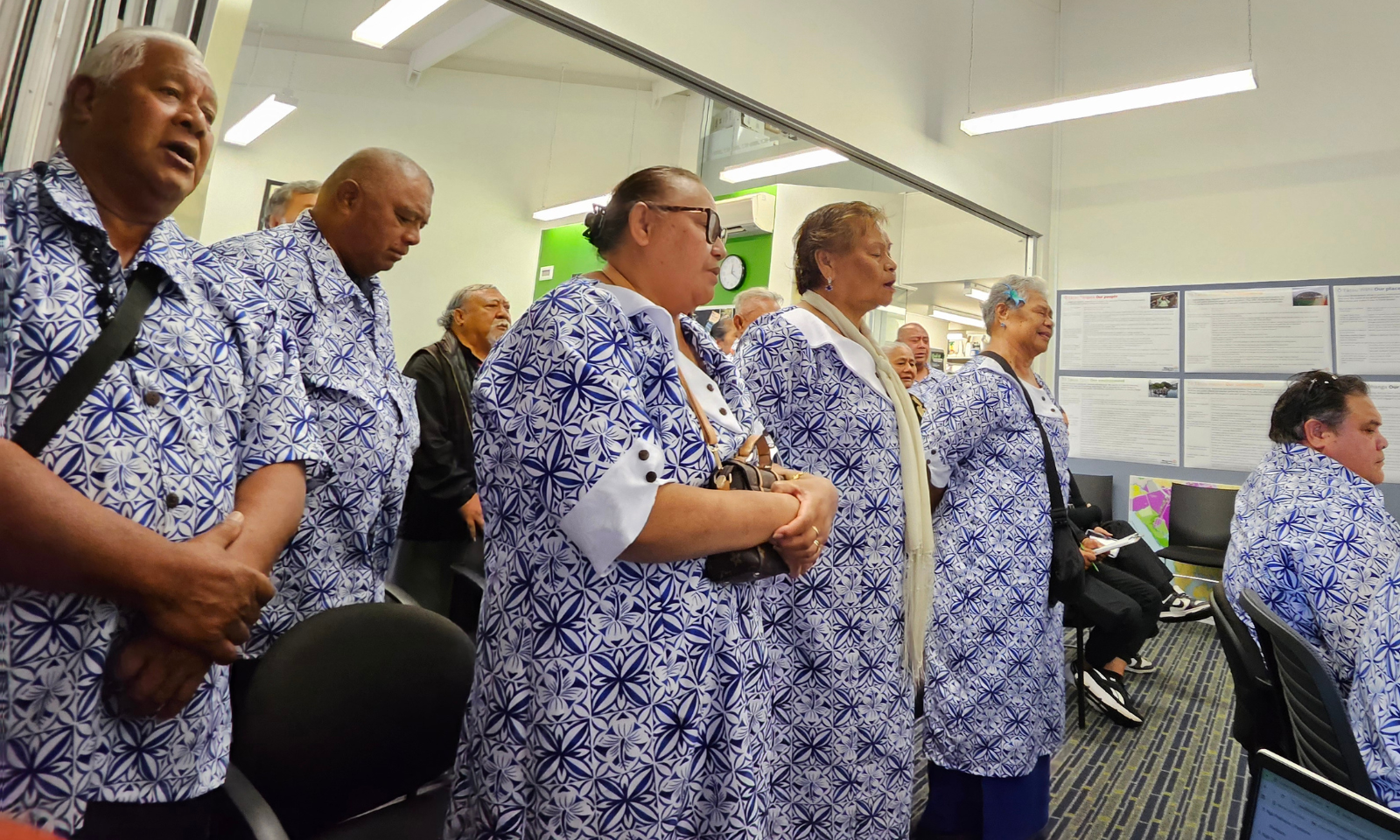The New Zealand Sexual Health Society is calling for a review of sexual health services, after a damning report highlighting poor access to services in south Auckland and the growing impact of congenital syphilis.
The paper in the NZ Medical Journal was written by Auckland-based specialist Dr Sunita Azariah.
It highlights a continued lack of access to sexual health services for people living in Counties Manukau, which she said needs to be urgently addressed.
The paper also refers to the growing impact of congenital syphilis, which occurs when a mother with the disease passes it on to her baby during pregnancy and is increasingly affecting women of child-bearing age.
Syphilis is a sexually transmitted infection which can be treated and cured with antibiotics. But if it isn’t treated, over time it can affect the brain, spinal cord and other organs.
“There are continuing inequities in access to the sexual health service by people living in the Counties Manukau region and this needs to be urgently addressed, particularly because syphilis is increasingly affecting women of child-bearing age in this region,” Azariah said.
“Syphilis is a serious sexually transmitted infection that has been highly endemic in the Auckland region since the early 2000’s, with a rapid increase in cases since 2015.”
She said Counties Manukau is a high needs area that should be given urgent priority.
“This could include better targeting of resources, better collaboration with Māori and Pasifika healthcare providers and more innovative approaches to service provision.”
In 2021 Parliament’s health select committee raised concerns about the growth of syphilis in south Auckland and the need for extra funding for primary and sexual health services to stop its spread.
A report released at the time as part of a review of the now defunct Counties Manukau DHB said 40% of cases of the disease in New Zealand were in the Counties Manukau area.
Dr Anne Robertson is the president of the New Zealand Sexual Health Society and backed Azariah’s findings.
She said a lot of the planning used by sexual health services was produced 15 to 20 years and was based on conditions which could be treated by primary health care providers.
But Robertson said more serious diseases like syphilis shouldn’t be treated at a community level and more specialist support is needed.
“In Counties Manukau [sexual health] clinics are limited in their hours and aren’t always convenient for people to go to,” Robertson said.
She said as a result it’s harder for people to be diagnosed or get the treatment they need.
“But we need prompt management of conditions like syphilis to stop transmission.”
Robertson said a review of sexual health services would help establish what changes need to be made.
The most up-to-date figures from the ESR show there were 407 cases of syphilis recorded nationwide in the 12 months to the end June 2022.
But Azariah said syphilis cases may be under-reported by clinicians and as a result the ESR’s surveillance data may not be representative of all cases treated.
Te Whatu Ora (Health New Zealand) was approached for comment.











